While many states are focused on proposing bills and passing legislation that aims to improve public education curriculums and facilities, the state of Iowa’s General Assembly has taken the opposite approach: introducing and/or signing into law several pieces of legislation that will actively harm Iowa public schools.
The Iowa General Assembly, a bicameral legislative body composed of the Iowa House of Representatives and Iowa Senate, reconvened on Jan. 11 and began to introduce a myriad of bills that negatively influenced public education.
Some of the most prominent and controversial pieces of legislation include giving Iowa parents the option to send their children to school 100 percent in-person and setting aside taxpayer money intended for public schools for parents who wish to have the opportunity to send their child(ren) to private school as part of a scholarship.
While the aforementioned bills have passed through both chambers, another was introduced that could potentially reduce funding for public schools who teach a history curriculum known as the New York Times Magazine’s 1619 Project, a Pulitzer Prize winning curriculum developed by a Black woman from Waterloo, Iowa. This has caused criticism from some Iowans such as Democratic Representative Ras Smith, who advocates in favor of the curriculum as it highlights parts of history often ignored by textbooks.
With the Iowa General Assembly being dominated by Republicans in both chambers, it is unsurprising that much of the legislation they are pushing out is supported by and furthers a conservative agenda, rather than acting in the best interest of Iowan students, teachers and public schools.
Junior Allisa Pandit is outraged by some of the latest decisions that have been made in regards to education. “These decisions are made with political motivation and blatant disregard for the best interests of students,” she expressed. “Iowa is moving backwards while the rest of the nation is trying to move forward.”
Iowa’s legislators have seemingly little regard for the public education system or those in it. While there has been an understandable push to get American students back in school from both sides of the political spectrum, many Iowa public schools have implemented hybrid models since August, with little to no transmission of the COVID-19 virus occurring at school.
So, why is it so urgent that Iowa students return full-time to school, especially when Iowa ranks 47th out of 50th for vaccine distribution and daily case numbers remain some of the highest in the country?
When many schools throughout Iowa, such as PV, will not be able to safely socially distance per recommended CDC guidelines and simultaneously bring all students back into school buildings, it seems more like legislators fulfilling political agendas rather than meeting the best interests of students given the ongoing and ever changing pandemic.
Decisions like these have left many students, such as senior Cyrus Barati, feeling vulnerable, scared and unprotected. “100 percent in-person schooling is risky and poorly planned by the governor. I can’t even imagine how quickly the virus could spread now that double the people are in the building with less social distancing,” he voiced.
Yet, it was not just the decision to bring students back full-time that outraged students and teachers, but also the passing of a bill regarding education vouchers, or setting aside taxpayer funds intended for public schools as scholarship money for parents who wish to send their child(ren) to private schools rather than public.
Governor Kim Reynolds said these vouchers will “help every child receive a quality education regardless of income and no matter their ZIP code. It has the potential to raise the quality for all schools, public and private.”
However, many educators and students alike disagree and oppose the vouchers, believing that it is more important to allocate these funds to strengthening, developing and bettering Iowa public schools. “It makes very little sense that taking away resources and funding from public schools, especially underprivileged ones, will benefit everyone in the long run,” Pandit lamented. “It seems more logical to give these resources to the schools to improve them, rather than letting students leave.”
These vouchers were supported by former Secretary of Education Betsy DeVos and former president Donald Trump, with both pushing for their popularity, however, the vouchers pose a threat to public schools. By taking away potential funding and resources from public schools, this limits the possibility for schools to invest in their students – whether it be through textbooks, technology or extracurricular programs that allow students to flourish.
And even with these vouchers, students are still not guaranteed the opportunity to attend the aforementioned private schools, who have the ability to accept or reject whomever they desire. This means that not only has money been limited for public schools, with no guarantee that the voucher program will be successful.
While these actions will harm the public school system, the proposed legislation regarding The 1619 Project has the potential to be detrimental to students throughout the state if it is successfully passed. The bill, known as House File 222 (HF 222), was introduced by Republican state senator Skyler Wheeler, who first took interest in the curriculum after the Black Lives Matter protests this summer, describing it as “harmful.”
This curriculum aims to shed light on the issue of slavery in a factual manner and reframe United States history to show its effects on the country today. To censor this defining and influential aspect of history has more dangerous implications than educating students on the truths of our nations foundation.
The idea of rewriting history to accommodate and make others feel more comfortable, rather than emphasizing the truth, will negatively impact students. “As an Iowa public school student, I expect to revive a historically accurate education,” expressed Pandit. “Staying informed on the harsh realities of the world is something I think is important for growing students. The world cannot change if we are not educated with real facts.”
As Iowa continues to present more and more harmful legislation regarding Iowa public schools to its legislative branch, it is becoming increasingly evident that rather than acting in the best interest of students, teachers and institutions, lawmakers are acting based upon political agendas. As the majority of the nation continues to push forward and improve its education system, it seems as though Iowa is moving backwards and harming schools in the process.

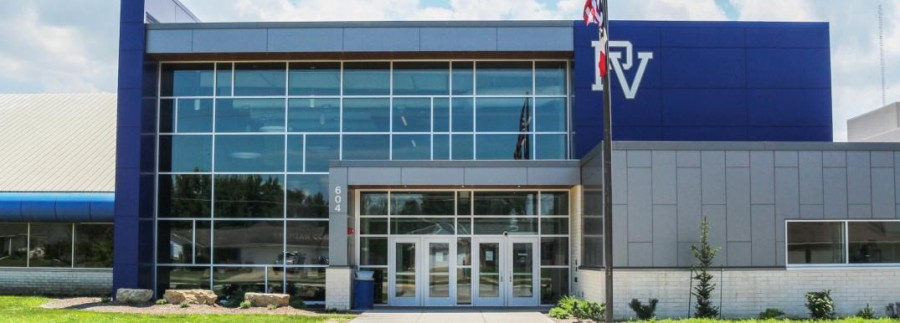






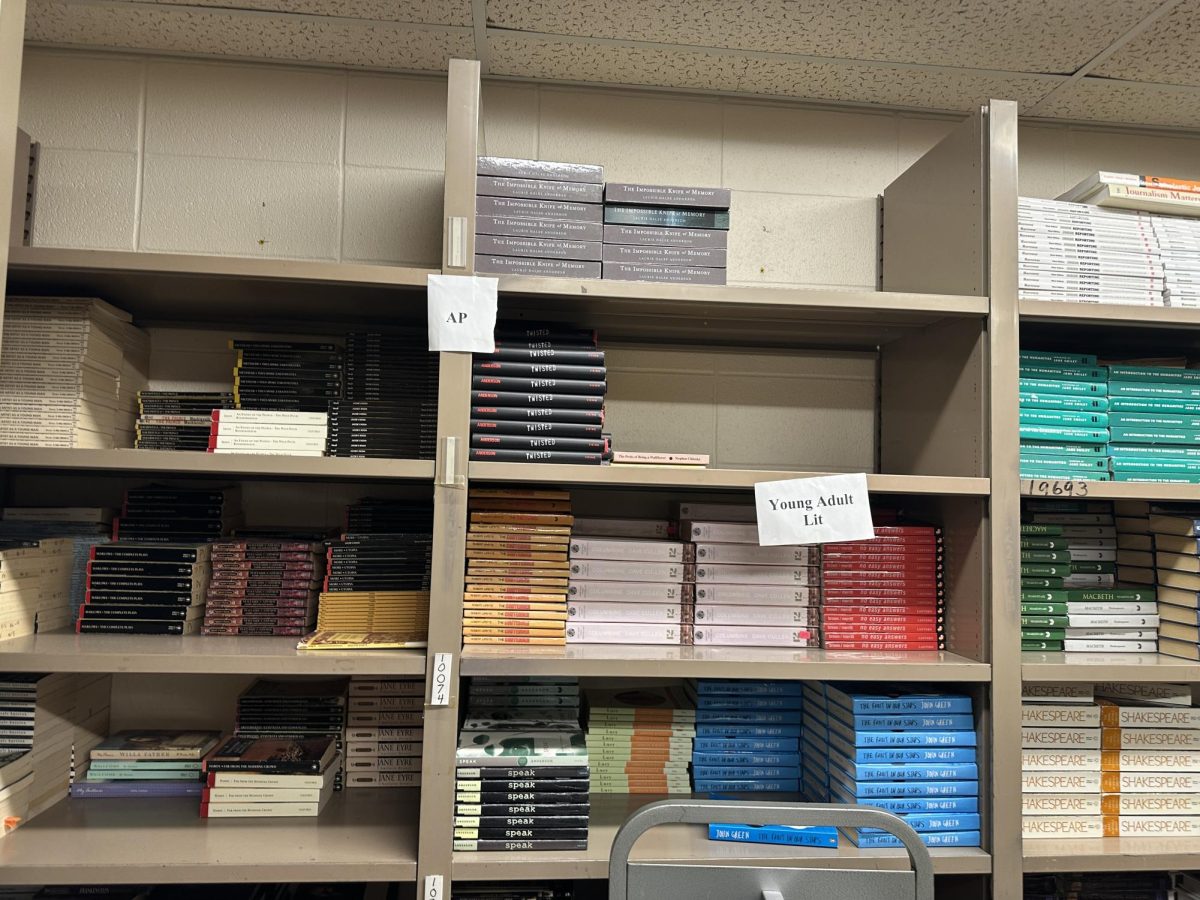
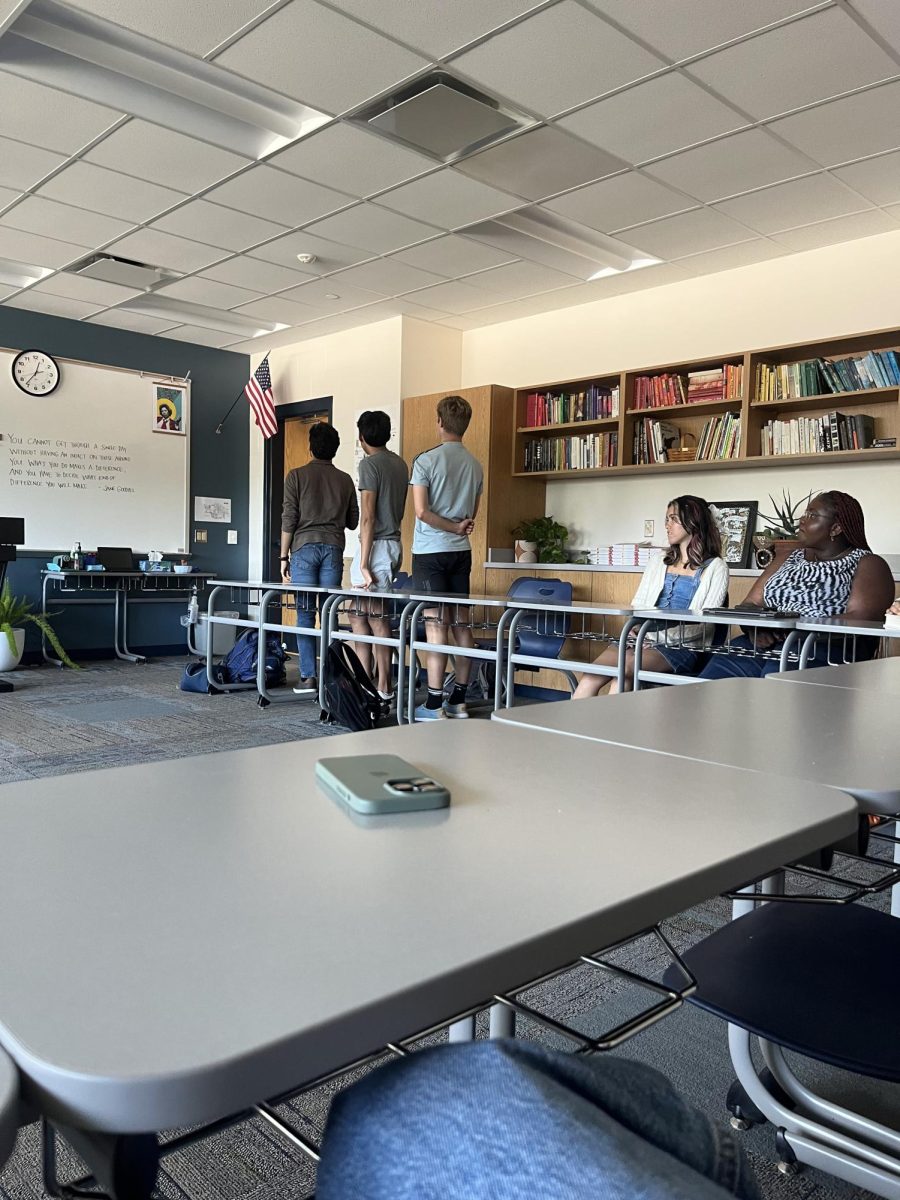

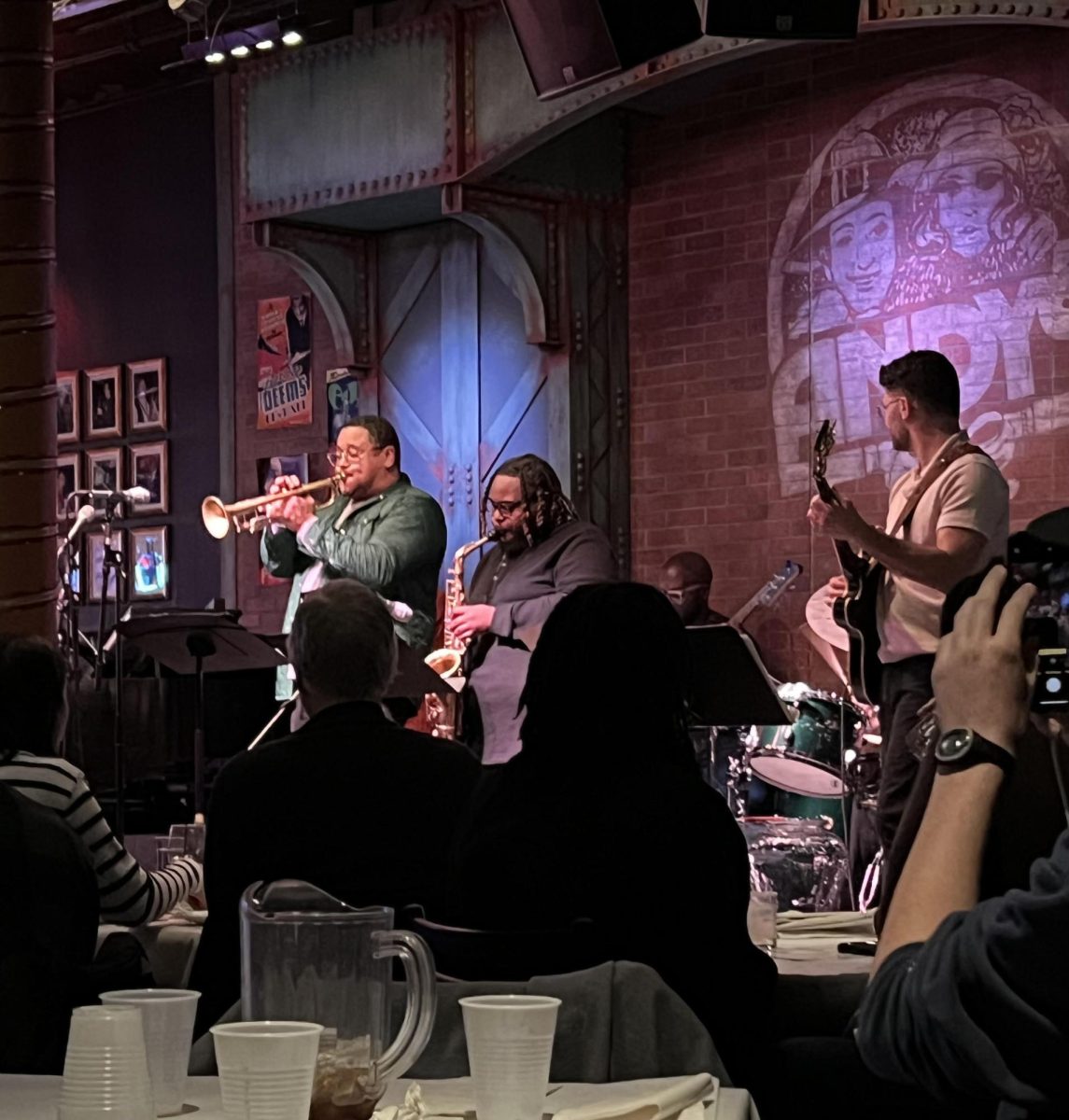
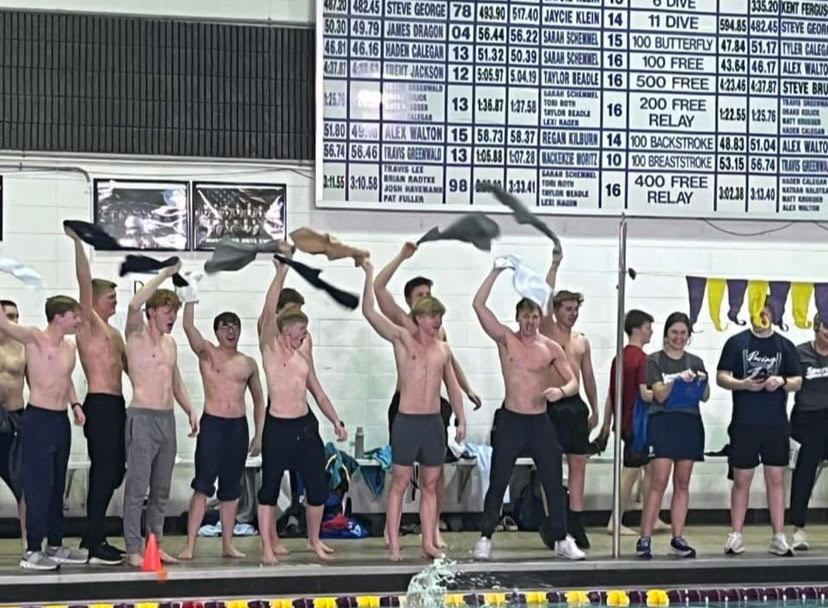
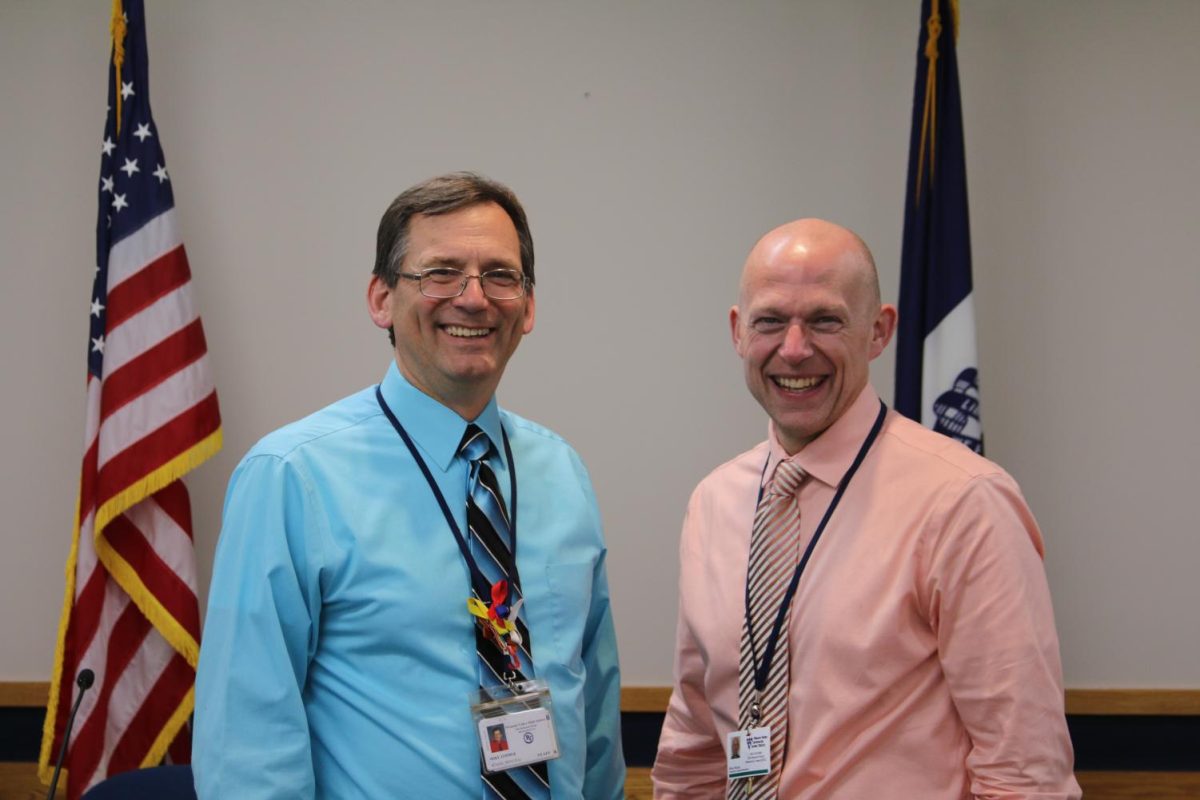
carson albrecht • Mar 1, 2021 at 10:23 am
Is this a good decision or a bad one? I think at some point we had to make this decision at somepoint.